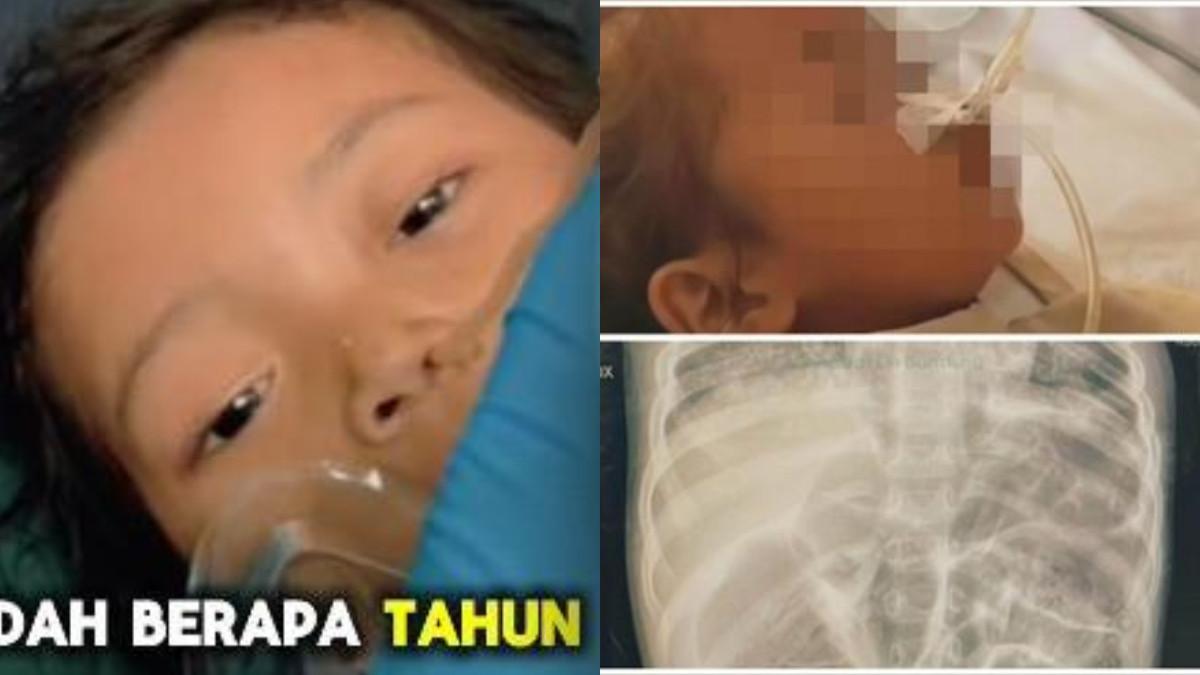
DiYES International School – Toddler’s Body Overrun by Worms represents a shocking health tragedy that grabbed nationwide attention. Three-year-old Raya from Sukabumi died after doctors discovered her body filled with roundworms that had invaded vital organs such as lungs and brain. The severity of this case points to deep-rooted issues in child nutrition, caregiving standards, and public health systems. Local health officials acknowledged that despite lacking formal identity documents, Raya had received supplemental food, deworming medicine, milk, and eggs intended to last two weeks. However these supplies were gone in two days, possibly misused by the family. Authorities also noted that weakened parental capacity contributed significantly to neglected care. The regional governor criticized the local government for slow response while expressing condolences. This case underscores a dire need for improved early detection and intervention for vulnerable children.
Toddler’s Body Overrun by Worms underscores chronic failure in preventing severe malnutrition in remote areas. Raya had long been classified as undernourished, living below the red line standard and receiving support from community health posts. Caregivers attempted referrals to nutrition specialists, but those efforts stalled due to family resistance. Her condition deteriorated by mid-July, with escalating signs of infection. On July 13 she was brought to a local hospital in critical condition. Medical teams discovered roundworms protruding from her nose, confirming massive parasitic infiltration that had reached her lungs and brain. Treatment became nearly impossible at that stage. The tragedy illustrates not merely individual misfortune but systemic breakdowns in pediatric care for impoverished households with complex social needs.
Health system gaps became glaring in Raya’s case. Delays in activating the family health insurance program caused financial and administrative turmoil. Though local officials claimed they tried to assist, these efforts fell short. Local and regional leaders faced harsh criticism for failing to act proactively, despite multiple warning signs. Governor Dedi Mulyadi publicly rebuked regional government for lacking urgency. Medical staff reported administrative complications that hindered timely feeding and deworming interventions. These failures contributed to the intensity of the infection. The case lays bare the fragile intersection of health policy, local governance, and social vulnerability. It warns that without swift administrative reform and better resource allocation, other children in precarious environments remain at high risk.
“Read more: Minimalist or Futuristic? Find Out Which Garage Door Style Matches Your Home Perfectly!”
Family dynamics and social context also played crucial roles in this tragedy. Raya’s mother suffered from a mental health condition while her father battled tuberculosis. Their ability to provide stable caregiving was compromised, increasing neglect risk. Government provision of medicine and supplemental food could not compensate for a lack of consistent parenting. Local leaders also emphasized that the child’s situation reflected broken support at home and in community structures. Social assistance and parenting education remain essential to helping families manage complex needs. Raya’s death calls attention to the urgent need for integrated social services that address health, mental wellness, and caregiving deficiencies in vulnerable homes.
This tragedy demands urgent action for long term prevention and awareness. Communities must receive consistent hygiene and nutrition education to prevent severe parasitic infections. Mass deworming campaigns should be coupled with outreach to ensure medication reaches intended recipients. Health workers and local volunteers should monitor at risk children more closely. Schools, community centers, and health posts need training to recognize early signs of malnutrition and infection. Policymakers must strengthen laws and regulations that protect child welfare while ensuring health services reach all families regardless of documentation status. Raya’s death is painful proof that when caregivers fall through cracks, children suffer. Preventing similar tragedies requires coordinated efforts across health, social work, and local governance.